Este domingo 21 de julio se celebra en Venezuela el «Día del Niño» y es un momento muy especial para recordar los derechos de la infancia y la gran importancia de lograr un mayor bienestar para la población infantil de nuestra nación. En este sentido, comparto con mis amigos lectores mi reflexión sobre este tema.
This Sunday, July 21 is celebrated in Venezuela as “Children's Day” and it is a very special moment to remember the rights of children and the great importance of achieving greater welfare for the child population of our nation. In this sense, I share with my reader friends my reflection on this topic.
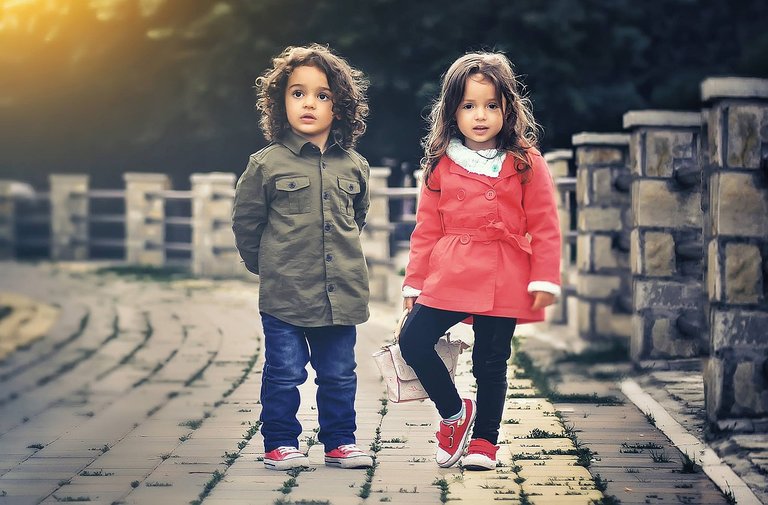
Imagen source

El niño y su bienestar//Children and their well-being.
Tal vez, sea utópico encontrar un niño fortalecido en todas las áreas del bienestar, donde no existan problemas emocionales, mentales, de salud, sociales y otros factores relevantes del bienestar infantil, como la recreación, la protección, la educación, la nutrición, el juego, etc.
Lo cierto es que la realidad mundial presenta un mundo en conflicto y delicados problemas, donde la población infantil es la más vulnerable en medio de la crisis globalizada y donde Venezuela no escapa de sus realidades políticas, económicas, sociales y demás, que ponen en peligro los derechos de la población infantil.
Más allá de los problemas, no se trata de señalar con el dedo y culpar a quienes tienen responsabilidades en la promoción del bienestar de los niños. Se trata de emprender campañas de sensibilización hacia las personas para trabajar de forma coordinada en la promoción de los derechos de la infancia y su repercusión en su bienestar.
Ante la crisis, podemos quedarnos de brazos cruzados y esperar a que otros resuelvan, sin embargo, el «Día del Niño» es ese gran momento para reivindicar los derechos del niño y trabajar continuamente en su bienestar y conseguir ese niño sano mental, emocional y socialmente.
Perhaps, it is utopian to find a child strengthened in all areas of well-being, where there are no emotional, mental, health, social and other relevant factors of child well-being, such as recreation, protection, education, nutrition, play, etc.
The truth is that the world reality presents a world in conflict and delicate problems, where the child population is the most vulnerable in the midst of the globalized crisis and where Venezuela does not escape from its political, economic, social and other realities, which endanger the rights of the child population.
Beyond the problems, it is not about pointing fingers and blaming those who have responsibilities in promoting the welfare of children. It is about undertaking awareness campaigns towards individuals to work in a coordinated manner to promote children's rights and their impact on their well-being.
In the face of crisis, we can stand idly by and wait for others to solve, however, “Children's Day” is that great moment to claim children's rights and continuously work on their welfare and achieve that mentally, emotionally and socially healthy child.
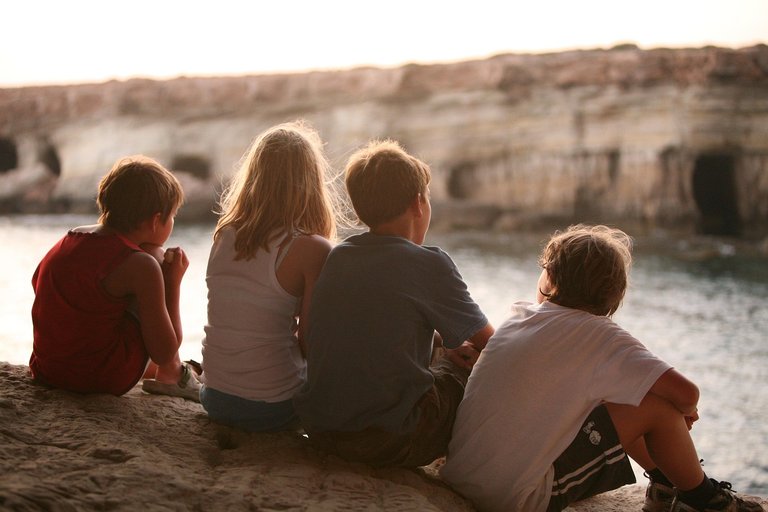
Imagen source
Día del Niño en Venezuela//Children's Day in Venezuela.
En el año 1925 se celebró en Ginebra la Conferencia Mundial sobre el Bienestar del Niño y desde 1991 en Venezuela se decidió, mediante Resolución Gubernamental, celebrar el Día del Niño, con el fin de promover sus derechos y trabajar por el bienestar de esta población vulnerable de nuestro país.
Entre las actividades que se realizan para los niños en este día tan especial, destacan las comidas preferidas de los pequeños, paseos, juegos y actividades enfocadas a la creatividad.
Si bien es cierto que todo lo que se hace por los niños en este día repercute positivamente en su bienestar, también es cierto que el bienestar infantil debe trabajarse diariamente para lograr y mantener un niño sano y fortalecido emocional y mentalmente.
In 1925 the World Conference on the Welfare of Children was held in Geneva and since 1991 in Venezuela it was decided, by Government Resolution, to celebrate Children's Day, in order to promote their rights and work for the welfare of this vulnerable population of our country.
Among the activities carried out for children on this special day, we highlight the favorite foods of the little ones, walks, games and activities focused on creativity.
While it is true that everything that is done for children on this day has a positive impact on their welfare, it is also true that child welfare must be worked on daily to achieve and maintain a healthy and emotionally and mentally strengthened child.
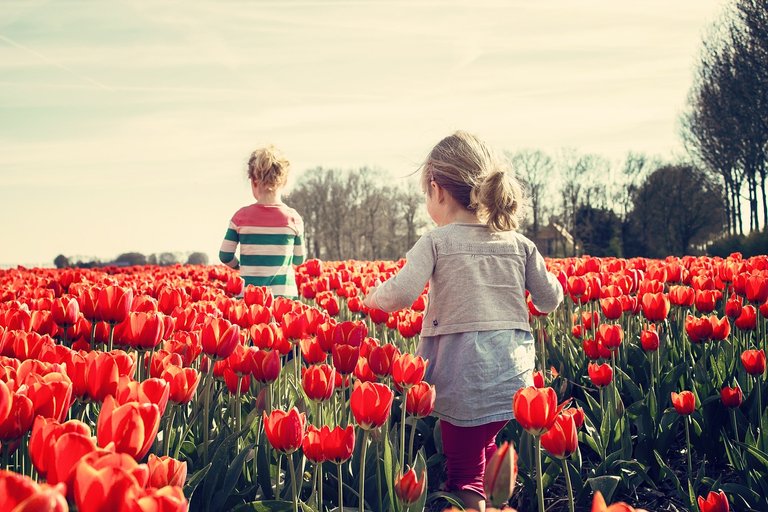
Imagen source
Bienestar infantil//Child welfare
El Día del Niño es precisamente ese momento especial, en el que se fomenta la fraternidad de los niños y se centra su bienestar en actividades sociales y culturales.
A los niños les gusta jugar, hablar y compartir las cosas que más les gustan. A muchos niños les gustan las actividades recreativas, disfrutan pintándose la cara y corriendo libremente por un parque, un bosque y otros lugares donde tienen seguridad y protección.
Los niños disfrutan participando en actividades folclóricas y otros estilos de música. No hay nada mejor y más agradable que ver a los niños reír y disfrutar realmente de lo que están haciendo.
El bienestar emocional está muy presente en el bienestar de los niños. Como adultos somos responsables de que nuestros hijos, nietos y descendientes tengan la mejor etapa infantil como la mejor etapa de la vida.
Children's Day is precisely that special time, when the fraternity of children is encouraged and their welfare is focused on social and cultural activities.
Children like to play, talk and share the things they enjoy most. Many children like recreational activities, enjoy face painting and running freely in a park, a forest and other places where they have safety and security.
Children enjoy participating in folk activities and other styles of music. There is nothing better and more enjoyable than seeing children laugh and really enjoy what they are doing.
Emotional well-being is very present in the well-being of children. As adults we are responsible for our children, grandchildren and offspring to have the best childhood stage as the best stage of life.
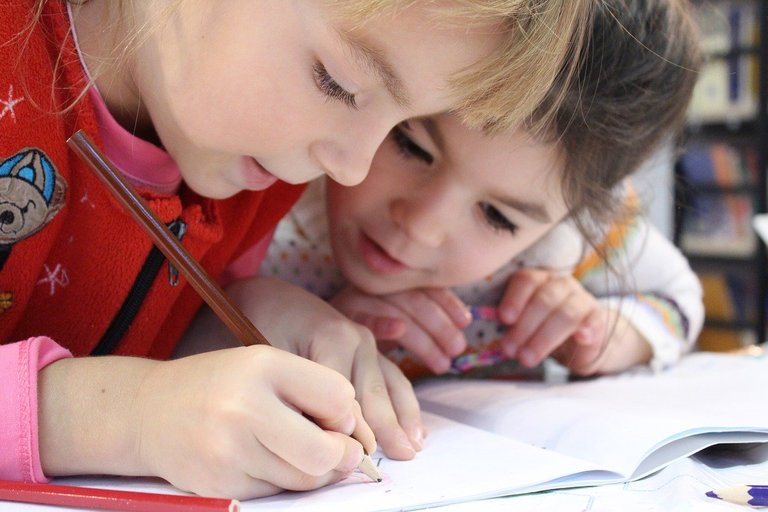
Imagen source
Ayer era un niño//Yesterday I was a child.
Ningún niño en su infancia es consciente de sus derechos y de su bienestar, sin embargo, los adultos que tienen niños bajo su responsabilidad deben ser conscientes de que los niños, además de tener deberes, también tienen derechos, que sin duda son muchos y no debemos permitir que se vulneren sus derechos.
Si una vez fuiste niño y ahora eres adulto, estás en tu pleno deber de velar por los derechos del niño y promover con gran sensibilidad humana su bienestar.
No child in its infancy is aware of its rights and welfare, however, adults who have children under their responsibility must be aware that children, in addition to having duties, also have rights, which are undoubtedly many and we must not allow their rights to be violated.
If you were once a child and are now an adult, it is your full duty to watch over the rights of children and to promote their welfare with great human sensitivity.
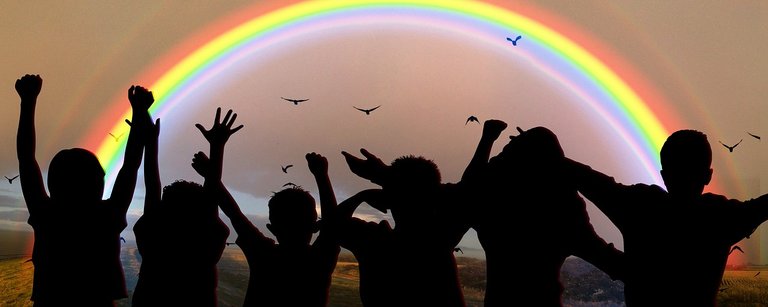
Imagen source
